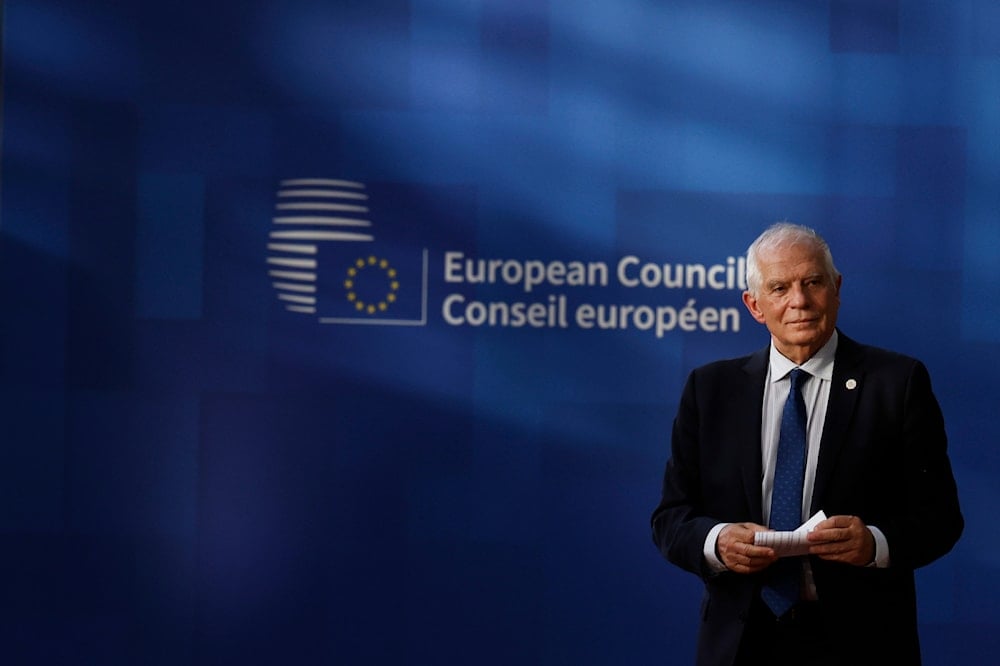EU eyeing investments in Africa transport corridors and energy
EU Chief Josep Borrell says that the bloc should look into expanding into African countries beyond just Sahel.
-

European Union foreign policy chief Josep Borrell arrives for an EU summit in Brussels, Thursday, Feb. 1, 2024. (AP)
European Union ministers are set to meet in Brussels on Saturday in an informal meeting to discuss the bloc's expansion beyond the Sahel in Africa, EU Foreign Policy chief Josep Borrell said.
"In general terms, we have to rethink our approach to Africa to offer more cooperation and to understand that the stability of the Africans and the states is part of our security. So, Africa will be on the agenda, maybe the most important topic," he said.
This comes as the European Commission and the African Development Bank Group signed a new financial arrangement, billed at 150 billion euros, structured to thrust investments in African infrastructure, specifically strategic positions that would enhance transport and the digital environment, as well as capitalize on energy.
Read more: Nigerian gas to Europe: Algiers, Rabat race to build pipeline projects
Africa's resources
The EU has been eyeing Africa for its resources, namely its energy supplies.
The race to provide energy-thirsty Europe with gas has started between North African adversaries: Algeria and Morocco.
In attempts to supply the continent, which is trying to diversify its fossil fuels, particularly after the cutoff of gas from Russia, both countries are pursuing to revive old gas pipeline projects that have been delayed for long.
While Morocco is working to establish a 6,000 km - 23 billion euros gas pipeline from Nigeria, which passes near the coasts of 13 African countries and is expected to supply billions of cubic meters of natural gas to the Kingdom, Algeria is going after reinstating old plans to build a Trans-Saharan pipeline from Nigeria passing through Niger to its Mediterranean coast.
AU in G20
Africa has been gaining speed when it comes to international affairs and methodology to enhance its capabilities.
Last September, the G20 coalition of countries decided to provide permanent membership status to the African Union.
This transition elevated the African Union, comprising 55 member states, to an equivalent standing as the EU, replacing its current categorization as an "invited international organization."
The G20, also known as the Group of 20, collectively account for approximately 85% of global GDP, more than 75% of worldwide trade, and approximately two-thirds of the global population.

 3 Min Read
3 Min Read








